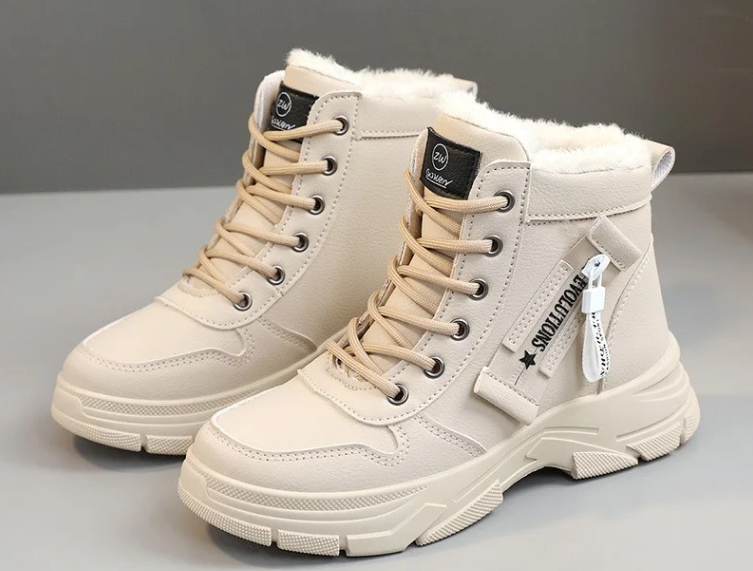When it comes to dressing for comfort, individuals with sensitive skin face unique challenges. The wrong fabric or fit can lead to irritation, rashes, and discomfort, making it essential to choose clothing wisely. In this comprehensive guide, we will explore the best clothing options for sensitive skin, focusing on fabric types, fit considerations, and care tips to ensure your wardrobe is both stylish and skin-friendly.
Understanding Sensitive Skin
Sensitive skin can manifest in various ways, including redness, itching, and a burning sensation. Factors contributing to skin sensitivity include environmental conditions, allergies, and underlying skin conditions such as eczema or rosacea. Understanding your skin's needs is the first step in selecting appropriate clothing.
Best Fabrics for Sensitive Skin
- Natural Fibers:
- Cotton: Soft, breathable, and hypoallergenic, cotton is often the go-to fabric for sensitive skin. Organic cotton, in particular, is free from harmful chemicals and dyes, making it an excellent choice.
- Bamboo: Known for its silky texture, bamboo fabric is not only soft but also has natural antibacterial properties. It wicks moisture away from the skin, reducing the risk of irritation.
- Linen: This lightweight fabric is perfect for warmer climates. Linen is breathable and becomes softer with each wash, making it a comfortable option for sensitive skin.
- Specialty Fabrics:
- Modal: Made from beech tree pulp, modal is incredibly soft and has a smooth finish that minimizes friction against the skin. It is also breathable and moisture-wicking.
- Tencel (Lyocell): This eco-friendly fabric is made from sustainably sourced wood pulp. Tencel is soft, breathable, and has excellent moisture management properties, making it ideal for sensitive skin.
- Avoiding Irritating Fabrics:
- Synthetic Fabrics: Materials like polyester and nylon can trap heat and moisture, leading to irritation. They may also contain chemicals that can exacerbate skin sensitivity.
- Wool: While some people find wool comfortable, it can be itchy for others. If you have sensitive skin, opt for finer wool types, such as merino, which are less likely to irritate.
Fit Matters: Choosing the Right Style
The fit of your clothing is just as important as the fabric. Here are some tips to ensure your clothing is comfortable:
- Loose-Fitting Garments: Tight clothing can cause friction and irritation. Opt for loose-fitting styles that allow your skin to breathe and move freely.
- Seam Placement: Pay attention to the seams of your clothing. Flat seams or seamless designs can reduce the risk of chafing and irritation.
- Avoiding Tags and Labels: Tags can be a source of irritation. Look for clothing with printed labels or consider cutting out tags to enhance comfort.
Care Tips for Sensitive Skin Clothing
Proper care of your clothing can prolong its life and maintain its skin-friendly properties. Here are some essential tips:
- Gentle Detergents: Use hypoallergenic, fragrance-free detergents to wash your sensitive skin clothing. Avoid fabric softeners, as they can leave residues that irritate the skin.
- Cold Water Wash: Washing in cold water helps preserve the integrity of the fabric and reduces the risk of shrinkage and fading.
- Air Drying: Whenever possible, air dry your clothing instead of using a dryer. High heat can damage delicate fabrics and may lead to irritation.
Conclusion
Choosing the right clothing for sensitive skin involves understanding your skin's needs, selecting appropriate fabrics, and considering fit and care. By opting for natural and specialty fabrics, ensuring a comfortable fit, and following proper care guidelines, you can create a wardrobe that not only looks good but also feels good against your skin. Remember, comfort is key, and with the right choices, you can enjoy your clothing without the worry of irritation.




